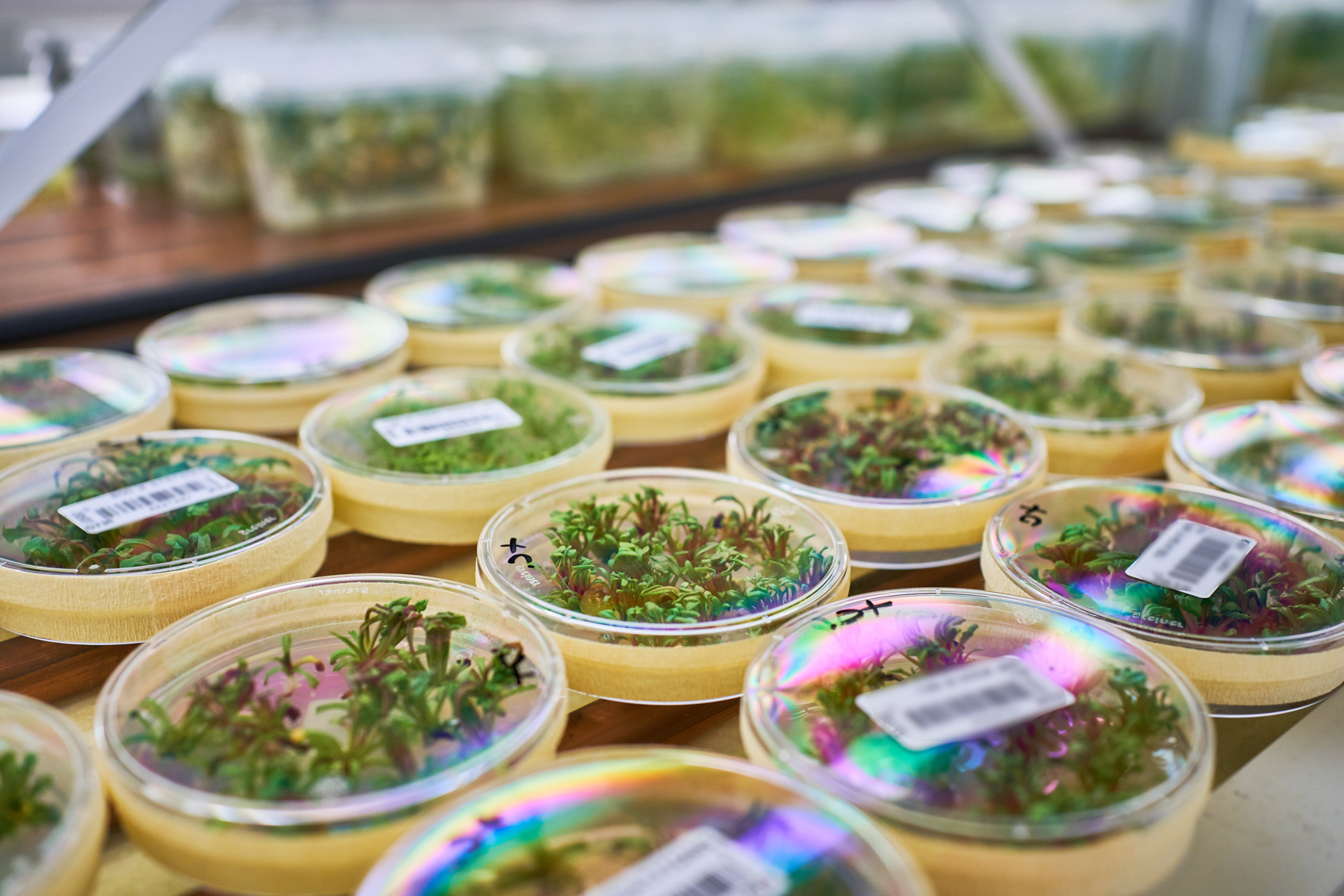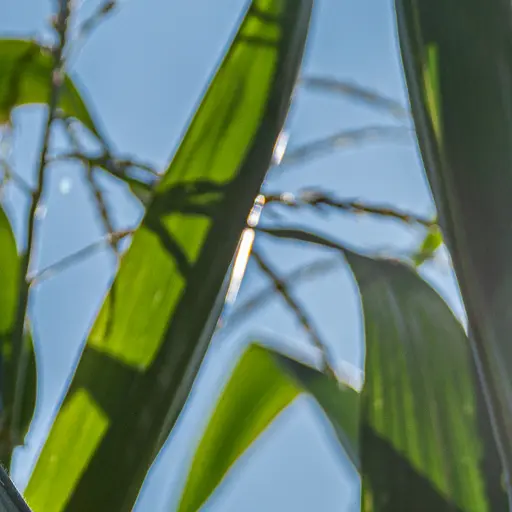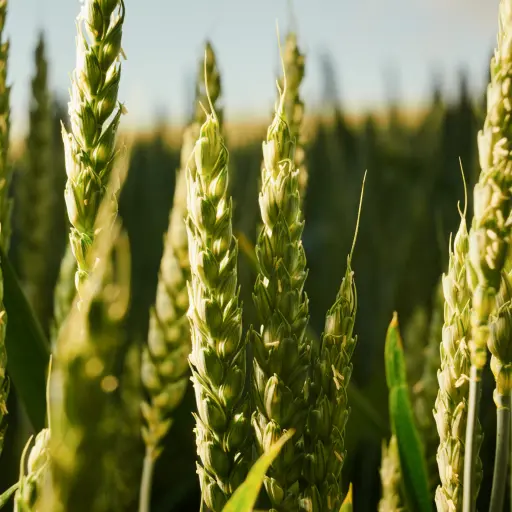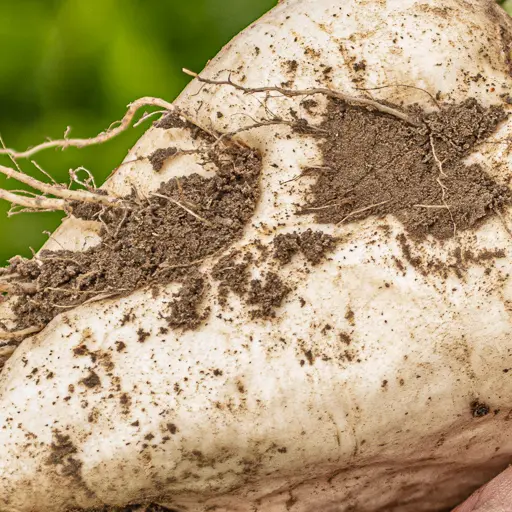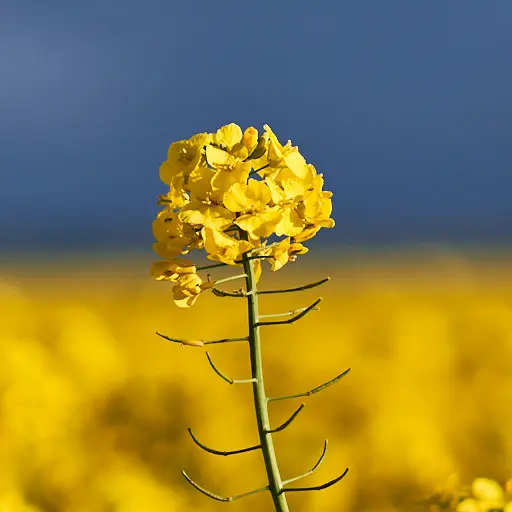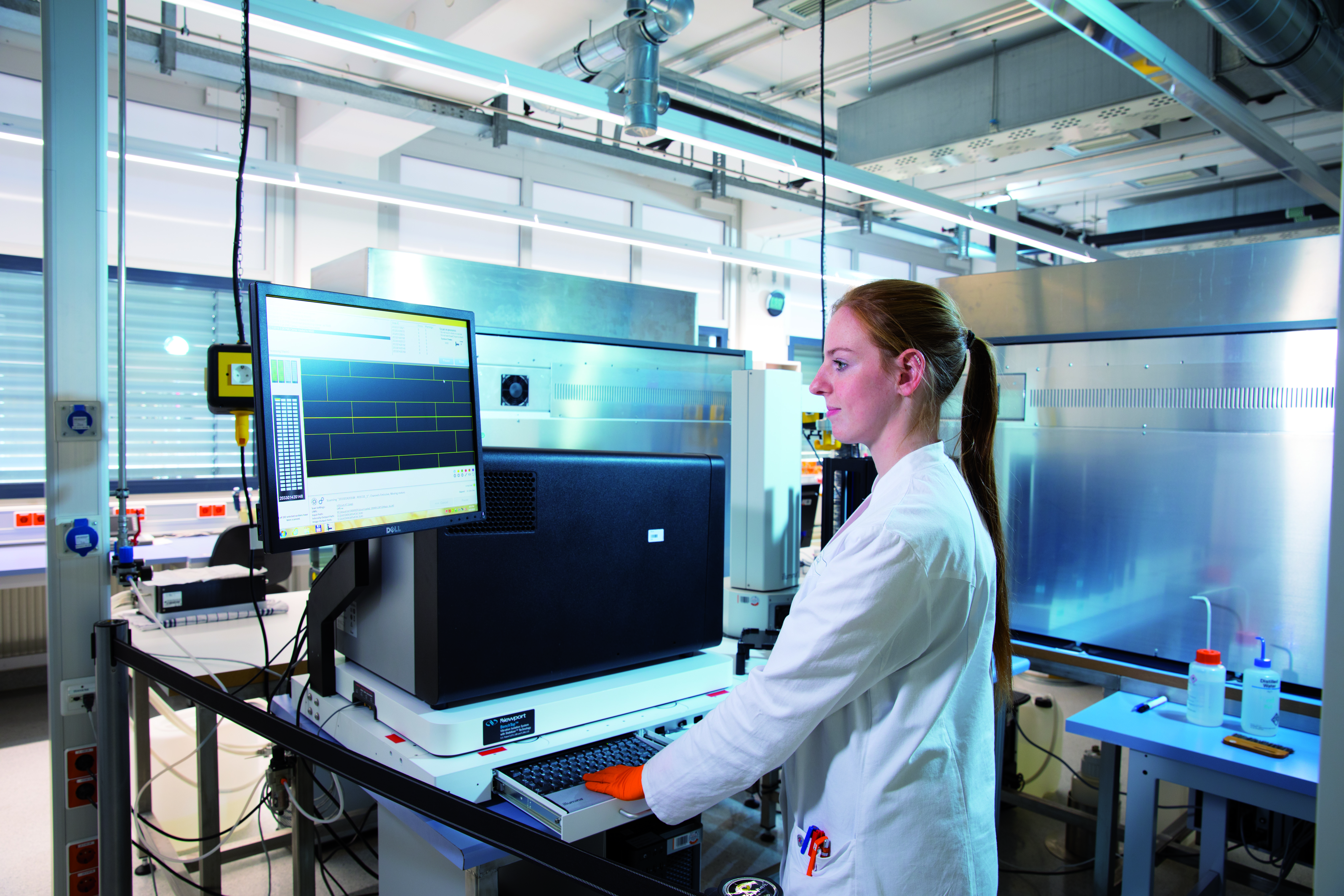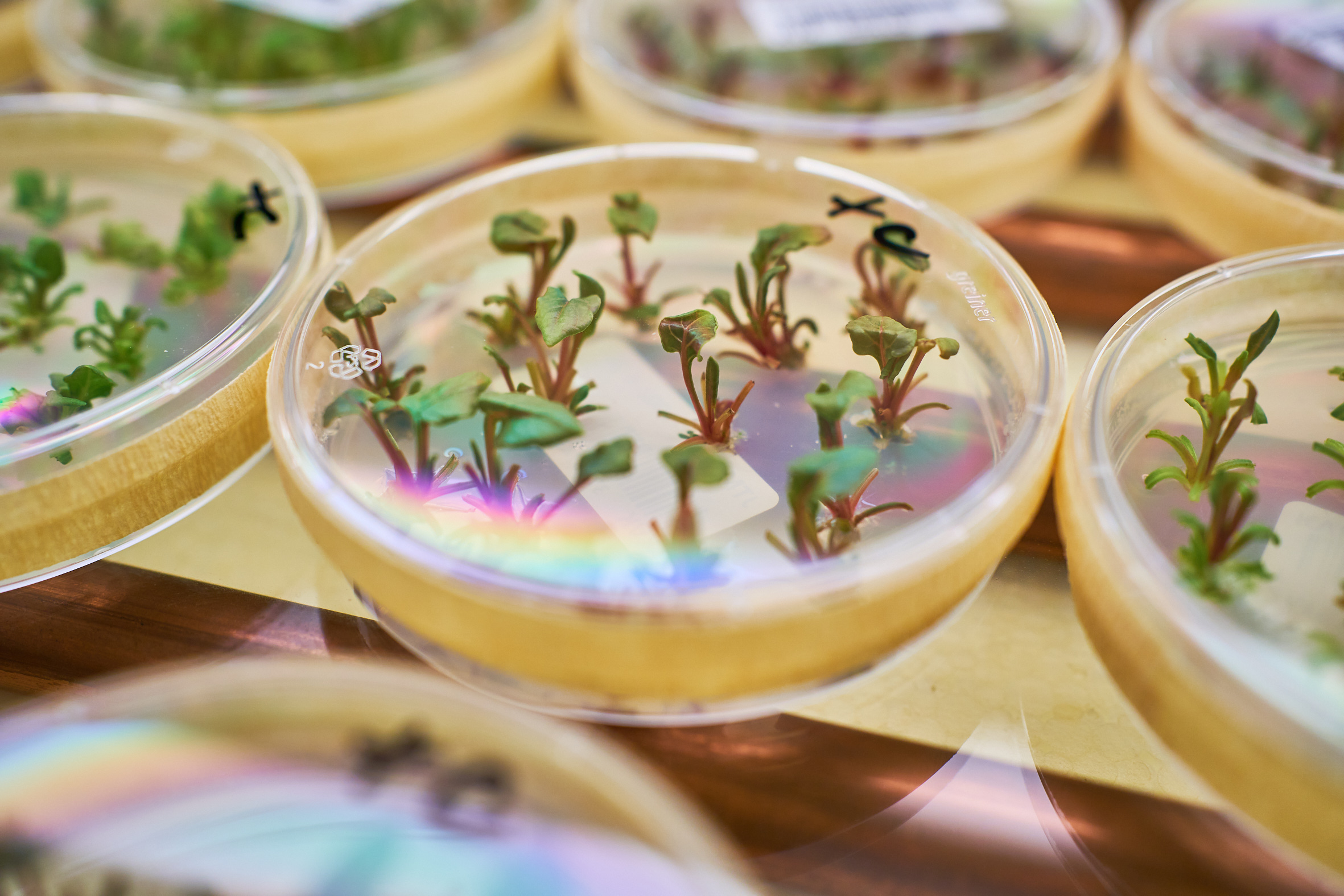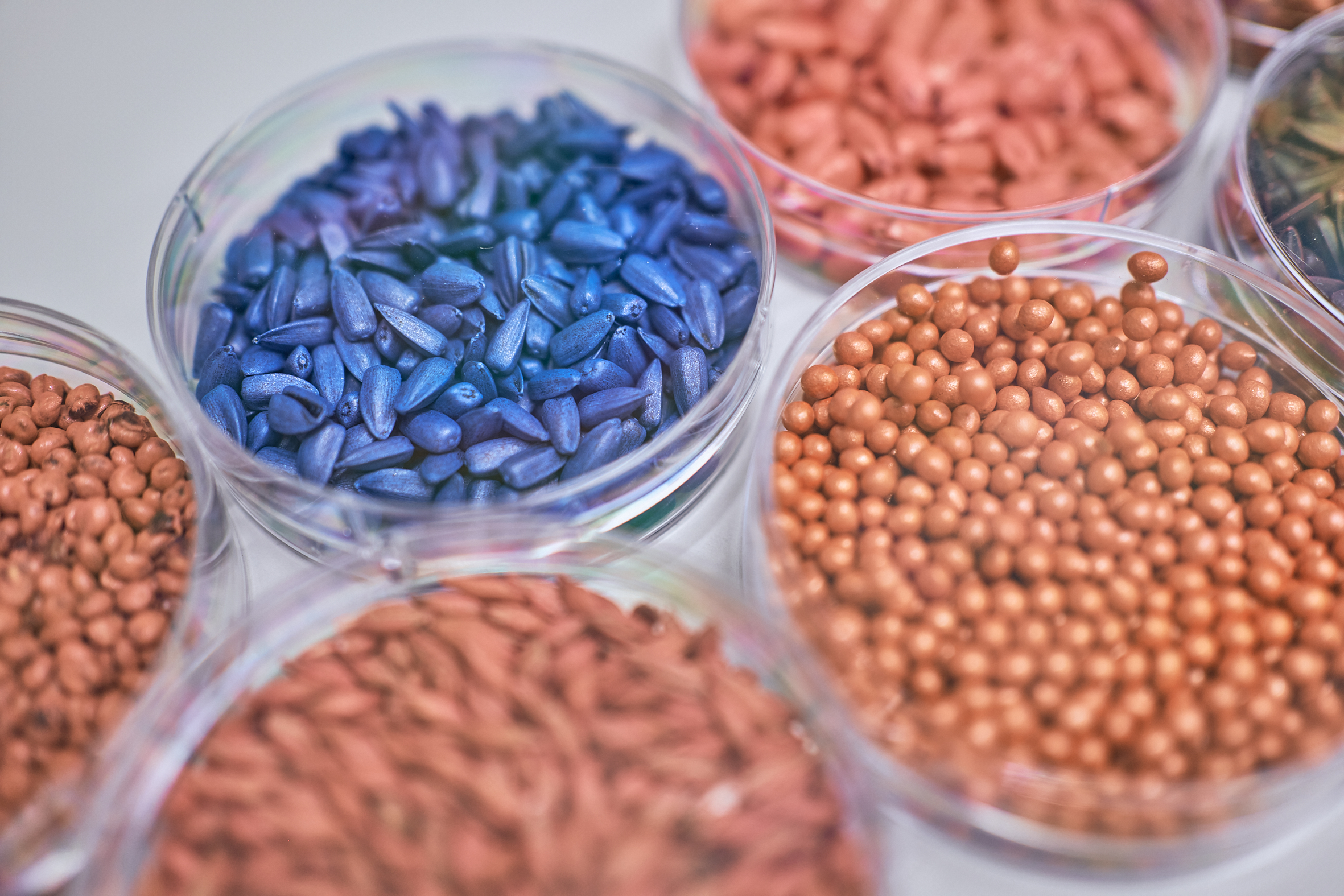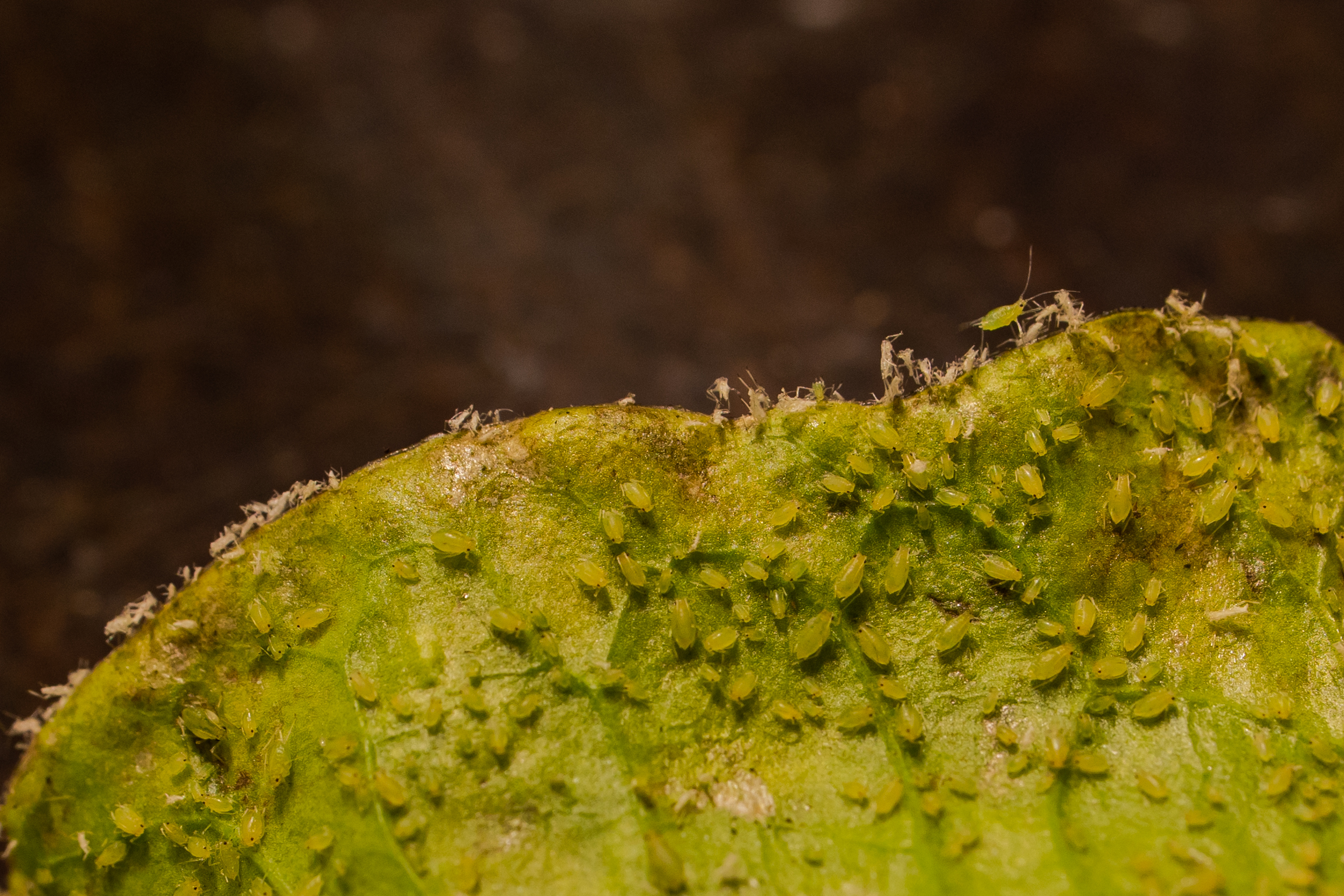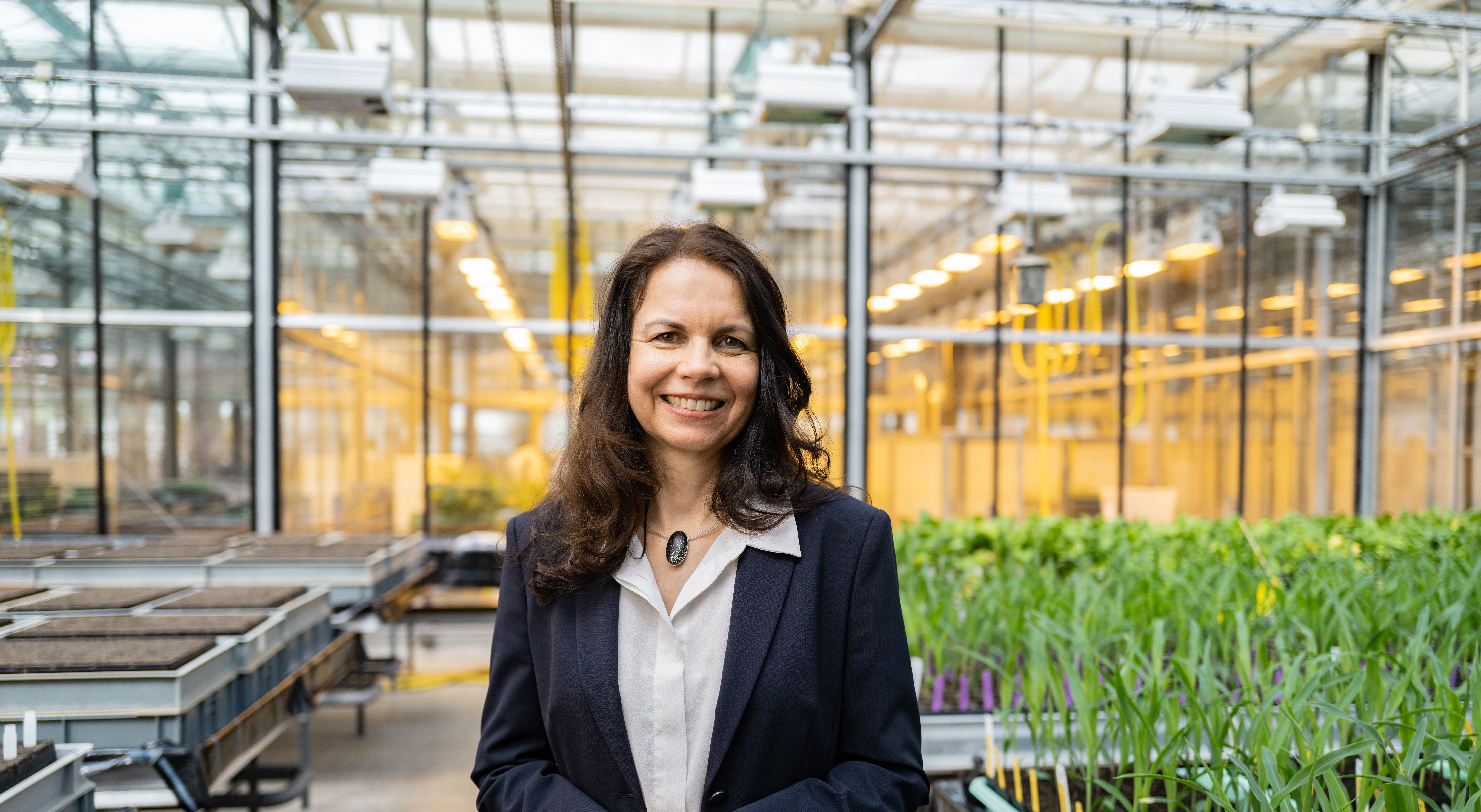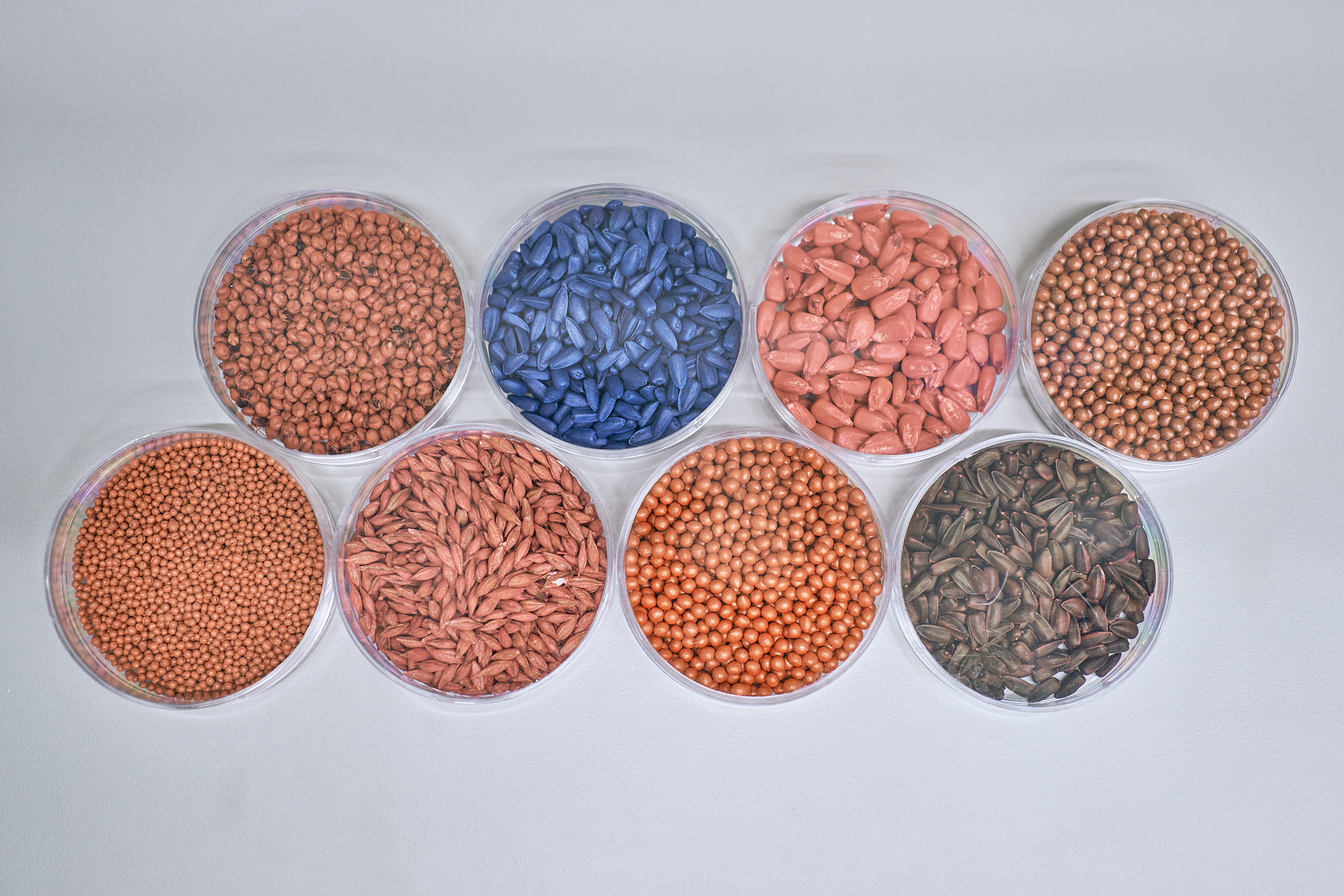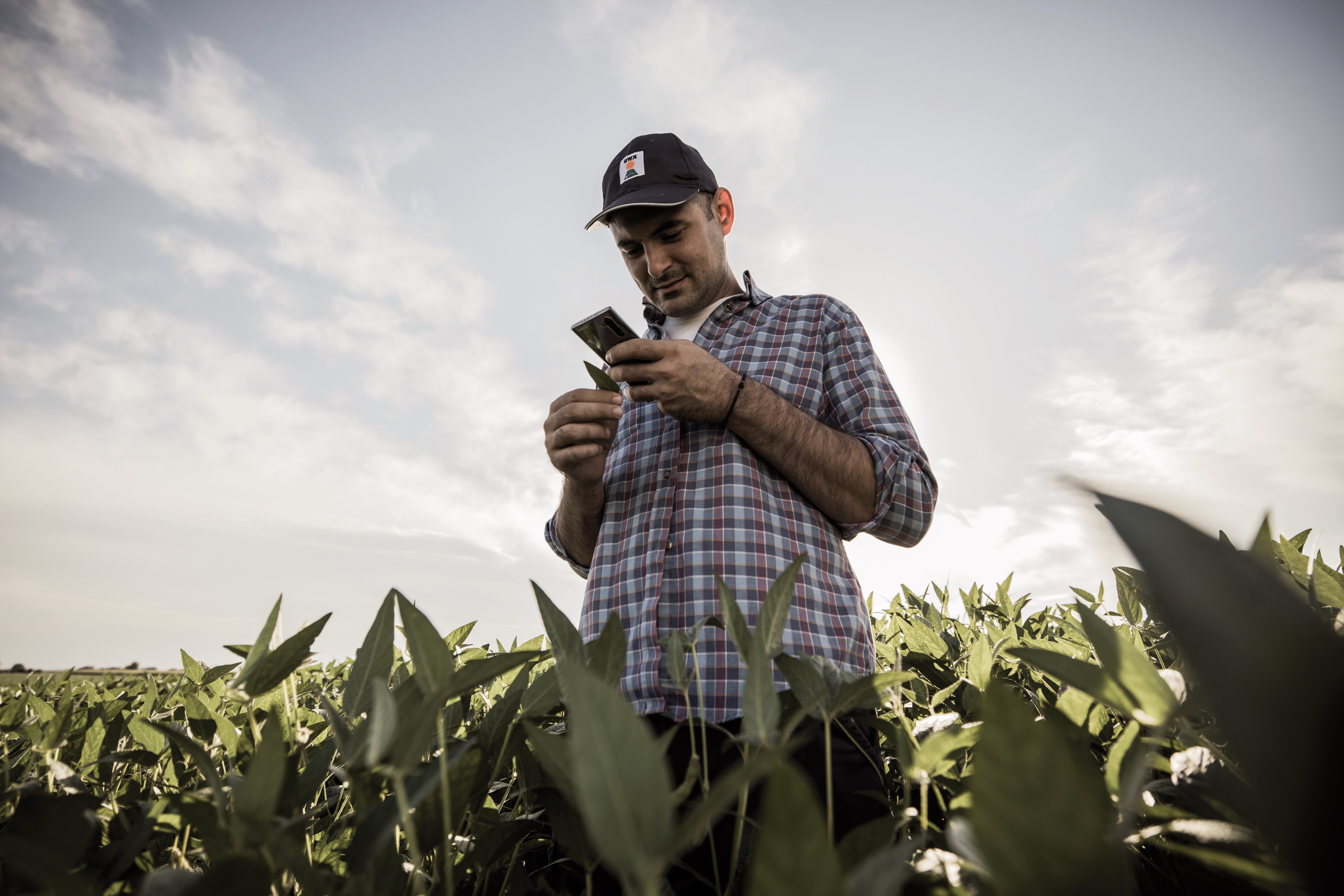Plant trait discovery
Breeding technologies
Sharped vision with digital phenotyping
On the field and in the greenhouse, innovative technologies now support a breeder’s “sharp eye.” At KWS, we rely on state-of-the-art camera and sensor technology as well as robotics and artificial intelligence to assess plant performance above and below the soil line. By using remote sensing technologies attached to drones or autonomous ground vehicles, we can phenotypically describe entire plant populations. In this way, for example, we can digitally record characteristics such as plants’ size, color, growth rate, the number and shape of their leaves, and other features.
Plant breeding, genomics and more
Plant breeding doesn’t just focus on recognizable traits, it also considers the underlying genetics of a variety. Today’s genetic analyses are fueling great advances in plant breeding. However, most traits that are improved through breeding are complex, which means they depend on many genes. This is the point where molecular markers and genomic selection come into play: Molecular markers can reveal certain plant characteristics before they appear. Genomic selection goes one step further and helps determine a plant’s potential for further breeding. This technology also enables us to test significantly more plant material and select the best-performing varieties.
By drawing on genetic data, we can improve both the genetic composition and breeding efficiency of plants. In particular, we have successfully driven forward the development of drought-tolerant corn varieties.
But we don’t stop at analyzing genetic data: We also integrate other omics data such as metabolism and protein profiles into our predictions.
It’s all about data
From digital phenotyping and genomic selection to digital field planning: All technologies draw on data. Data Science is at the heart of how we use breeding data to gain knowledge that helps us make better and faster breeding decisions. For this reason, we continuously improve our IT infrastructure, our approach to data integration and analytics as well as how we apply statistics, machine learning and artificial intelligence.
Haploid induction and development of double haploid plant lines
Hybrid breeding requires genetically homogeneous parental lines that breeders then cross to produce the hybrid varieties they desire. Breeders use a variety of techniques to produce these homogeneous parental lines, which are also known as double haploids. Since repeated self-fertilization is a very time-consuming method, we rely on in vitro techniques and inducer lines to produce our double haploids — and we’ve never stopped further refining them. In addition, we continuously research new strategies for haploid induction, cell culture and plant regeneration.
Stronger plants thanks to biologicals and seed treatment
KWS also focuses on the important research area of biostimulants and natural biological crop-protection agents, collectively known as biologicals. Biologicals include such microorganisms as fungi and bacteria as well as various plant-derived substances and microorganisms that have a positive effect on plant growth. We employ a special process to gently preserve these biologicals and apply them permanently to the seed. After sowing, the microorganisms multiply at the root, establish themselves in the soil and create favorable growth conditions for plants. Biologicals demonstrably strengthen plant growth and increase resistance to pests, especially when plants face stress conditions.
Phytopathology
Another important field in the development of plant varieties is phytopathology. The ban on some chemical pesticides, climate change and globalization are bringing back many plant diseases and pests, necessitating new approaches to secure yields in a more sustainable way. Phytopathology makes an important contribution here. The goal in this field of science is to closely monitor which plant diseases and pests are spreading or whether resistance in varieties is becoming ineffective. Important pathogens are cultivated and selectively applied to candidate varieties. In this way, it is possible to make an informed assessment in the greenhouse or in the field as to how susceptible or resistant a plant line is.
World of Farming
Would you like to know more about how innovations and new findings in areas such as data analysis, biological seed treatment or phytopathology contribute to progress in plant breeding? You can find out on our storytelling platform "World of Farming"
Discover more
Your contact


